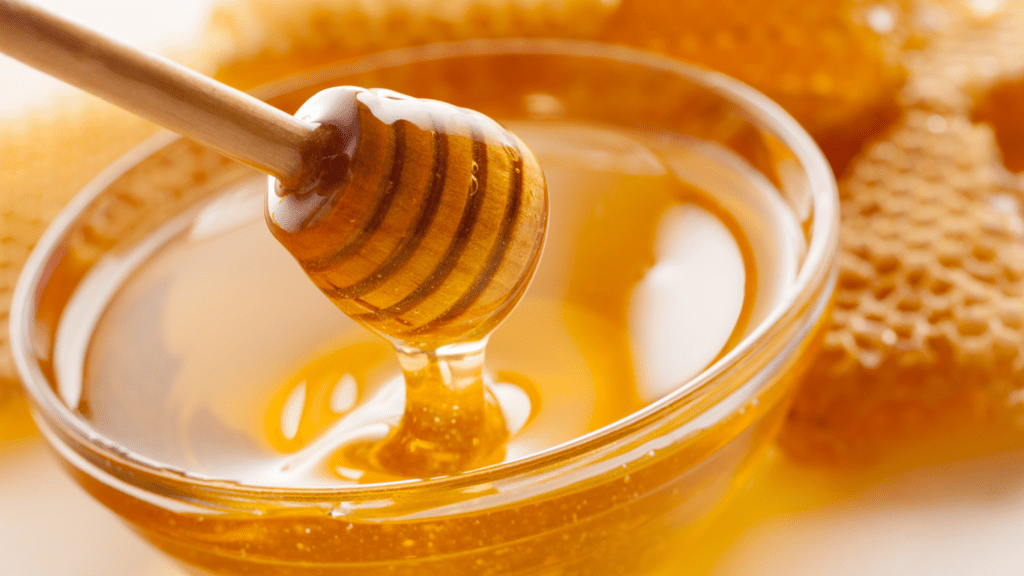Honey, a natural sweetener produced by bees, has been enjoyed for centuries due to its delectable taste. Beyond its sweetness, honey also offers various nutritional benefits that can positively impact our health. Packed with essential nutrients, enzymes, and antioxidants, honey serves as more than just a delicious alternative to refined sugar. In this blog, we will delve into the nutritional value of honey and explore its impact on our overall well-being.
1. A Natural Source of Carbohydrates:
Honey is primarily composed of carbohydrates, making it a quick and efficient source of energy. Its natural sugars, including fructose and glucose, provide a boost of energy while being readily absorbed by the body. Whether you need an energy pick-me-up during exercise or an afternoon slump, a spoonful of honey can provide a natural and healthy solution.
2. Enzymes and Vitamins:
Raw honey contains a variety of enzymes and vitamins that contribute to its nutritional profile. Enzymes, such as diastase, amylase, and invertase, aid in digestion and promote nutrient absorption. Honey also contains small amounts of vitamin C, vitamin B complex, and minerals like calcium, iron, and potassium. While these amounts may be relatively low, they still contribute to the overall nutritional value of honey.
3. Antioxidant Powerhouse:
One of the remarkable aspects of honey is its abundance of antioxidants. Antioxidants help protect our bodies against oxidative stress, neutralize free radicals, and reduce inflammation. The antioxidant content of honey varies depending on factors such as floral source and processing methods. Darker honeys, such as buckwheat or manuka honey, tend to have higher antioxidant levels. Regular consumption of honey can contribute to our overall antioxidant intake, supporting our immune system and reducing the risk of chronic diseases.
4. Trace Amounts of Nutrients:
Although honey is not a significant source of most nutrients, it contains trace amounts of beneficial compounds. These include amino acids, small amounts of protein, and certain essential minerals. While the quantities may be relatively low, they still contribute to the overall nutritional composition of honey.
5. Impact on Gut Health:
Honey can positively impact gut health due to its prebiotic properties. Prebiotics serve as food for beneficial gut bacteria, promoting their growth and diversity. By nourishing the gut microbiota, honey supports a healthy digestive system and enhances nutrient absorption. However, it’s important to note that excessive consumption of honey may lead to an imbalance in gut bacteria or digestive discomfort, so moderation is key.
6. Wound Healing and Antimicrobial Properties:
The antimicrobial properties of honey have been recognized for centuries. Certain types of honey, such as manuka honey, possess unique antibacterial qualities, making them effective in wound healing and combating infections. The low water content and acidic pH of honey create an unfavorable environment for bacteria to thrive. Additionally, honey’s ability to reduce inflammation and promote tissue regeneration aids in the healing process.
Beyond its delicious taste, honey offers a range of nutritional benefits that make it a valuable addition to a healthy diet. From being a natural source of carbohydrates and essential enzymes to its antioxidant power and impact on gut health, honey proves to be more than just a sweet treat. Incorporating honey into your diet in moderation can provide energy, support your immune system, and contribute to overall well-being. So, savor the natural goodness of honey and enjoy its nutritional value while indulging in its delightful flavor.



